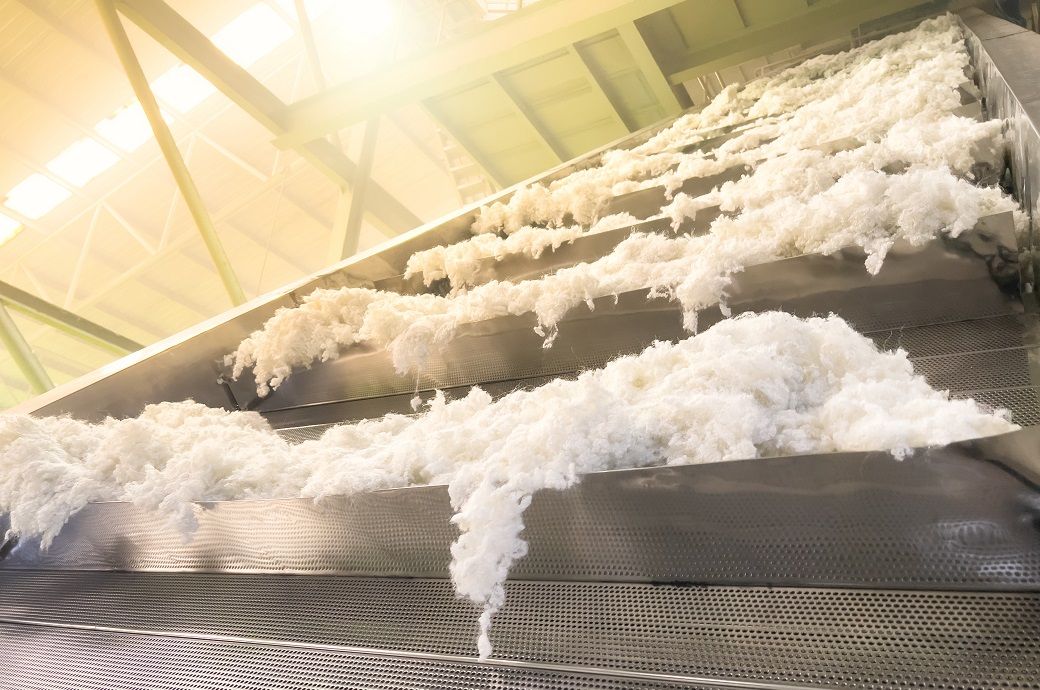
Despite these adjustments, domestic PSF and raw material prices remain misaligned with global prices and the cost of crude oil, which serves as the primary input for the polyester value chain. The domestic industry argues that elevated raw material costs are impeding the competitiveness of India's garment, fabric, and yarn exports, making it difficult for Indian manufacturers to compete in international markets.
R K Vij, emeritus president of the Textile Association of India (TAI) and secretary general of the Polyester Textile and Apparel Industry Association (PTAIA), told Fibre2Fashion that the Indian industry is at a disadvantage in the global textile market due to higher raw material prices, particularly PTA.
Countries who got the BIS licences cannot supply sufficient quantity which Indian users need due to their captive consumption.
For instance, while domestic manufacturers price PTA at ₹70,100 per ton, imported PTA—mainly from China—is available at approximately ₹66,500 (approximately $790) per ton. This discrepancy in pricing prevents Indian exporters from being competitive in the production of yarn, fabric, and garments due to higher production costs.
For November 2024, domestic manufacturers have maintained PSF prices at ₹100,500 (approximately $1,194) per ton, after the ₹1,000 per ton increase in mid-October 2024. However, effective prices, after discounts, are around ₹93,000-₹95,000 per ton. In contrast, PSF from China is available at ₹90,000-91,000 (approximately $1,070-1,081) per ton.
Domestic prices for monoethylene glycol (MEG) and MELT are recorded at ₹58,800 (approximately $699) and ₹80,290 (approximately $954) per ton, respectively. While MEG prices increased by ₹300 per ton, MELT prices fell by ₹340 over the past month. Vij pointed out that domestic manufacturers are unable to command premium prices for MEG, as foreign suppliers, who have acquired the necessary licence under the QCO, can supply MEG more competitively and they have capacity to export to meet the Indian short supply.
Additionally, MEG is not the primary raw material for manufacturing MELT due to its lower proportion in the production process.
Crude oil, the foundational raw material for the polyester value chain, directly impacts prices. However, domestic PSF and its upstream raw materials have not reflected the recent movements in crude oil prices. WTI crude oil was priced at $74.38 per barrel at the beginning of October 2024 and dropped by 4.9 per cent to $70.73 per barrel in the first week of November. Despite this decline, domestic PSF and raw material prices have not followed this trend.
Fibre2Fashion News Desk (KUL)